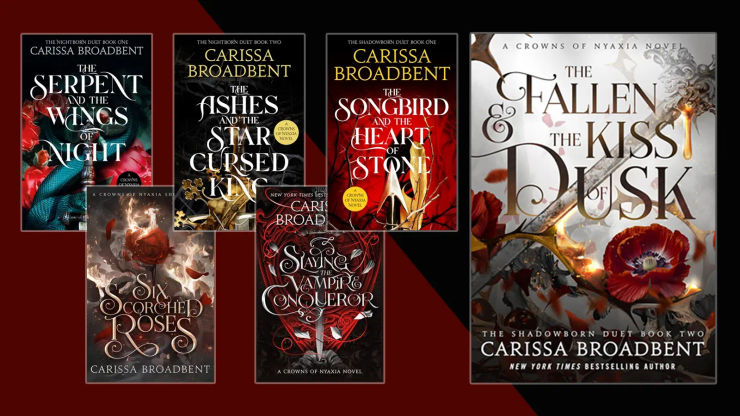Science Fiction & Fantasy
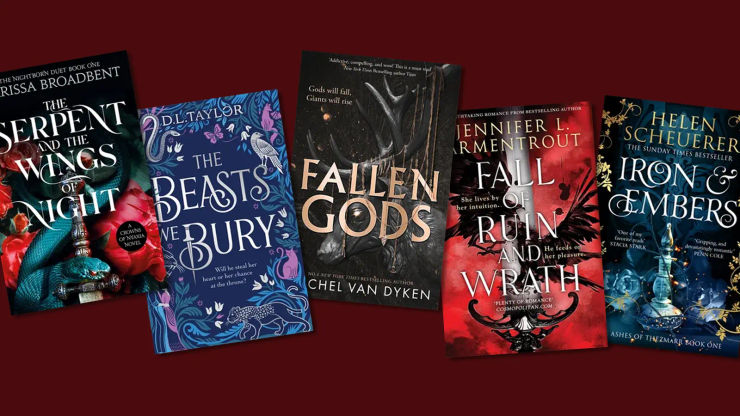
The best romantasy books to read right now
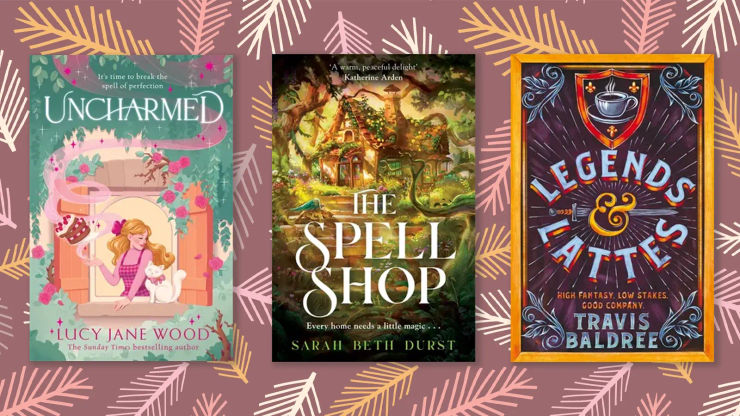
The best cosy fantasy books to curl up with right now

The best fantasy books of all time (that may not be on your list yet)

A complete guide to TJ Klune’s books
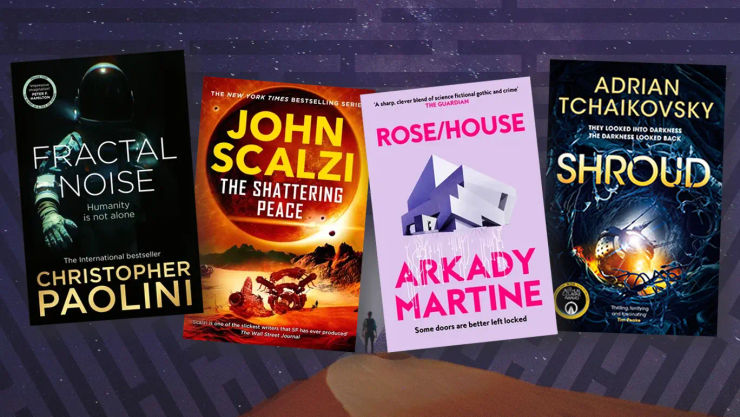
The best sci-fi books of 2026, and all time

The best new fantasy books to lose yourself in, recommended by the experts

Daughter of No Worlds: The War of Lost Hearts trilogy books in order

Quiz: Which fantasy series should you read next?
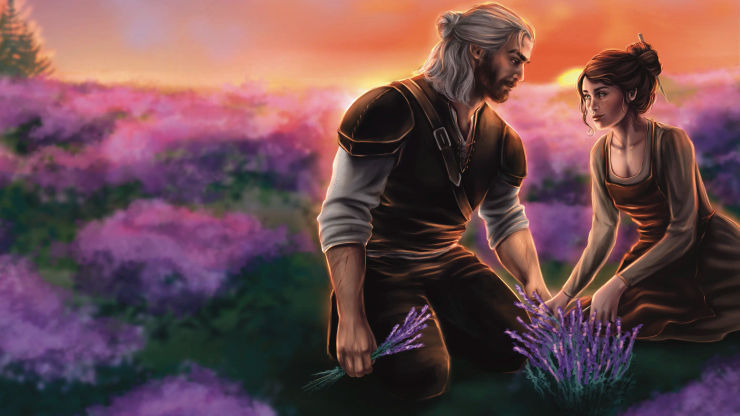
5 things you didn't know about Wren and Torj

An introduction to Neal Asher's Polity Universe books

A guide to Freya Marske's books

The Atlas Six & Olivie Blake's standalone books in order
